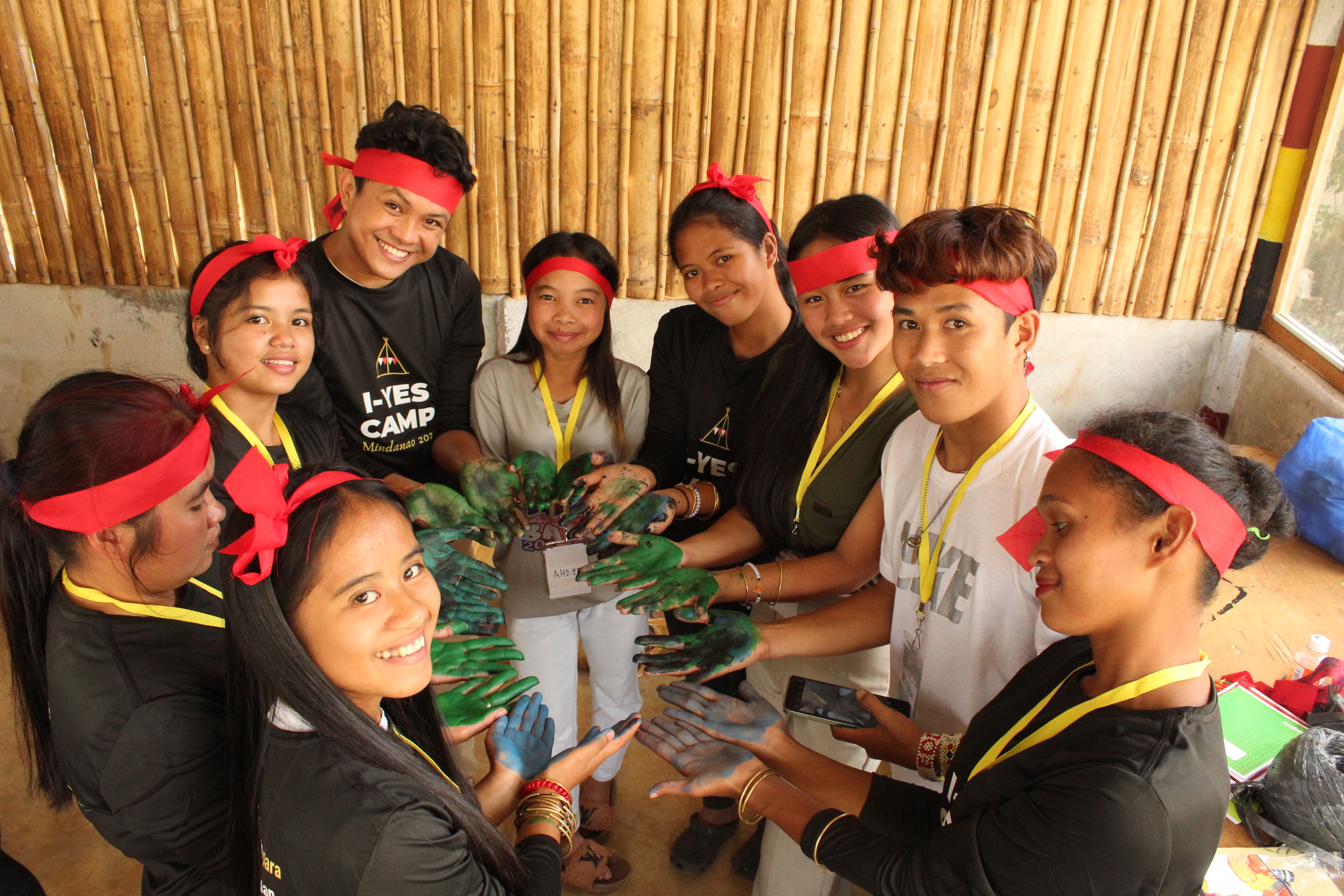
Urgent call to Minister Klever and the Dutch House of Representatives: A new policy framework for a stronger civil society
A strong civil society is essential for foreign trade and development cooperation. That is why the Strategic Partnerships, including the Green Livelihoods Alliance, are appealing to Minister Klever for Foreign Trade and Development and the Dutch House of Representatives to draft a new policy framework that strengthens civil society.
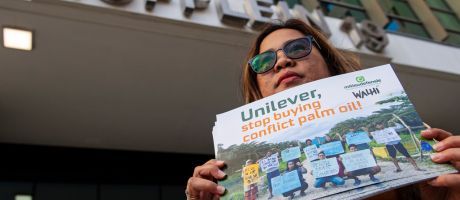
Palm oil company AAL threatens local communities
The Indonesian palm oil company Astra Agro Lestari (AAL) is notorious for deforestation and human rights violations. A new report reveals that AAL, in collaboration with the military police, is threatening local communities.
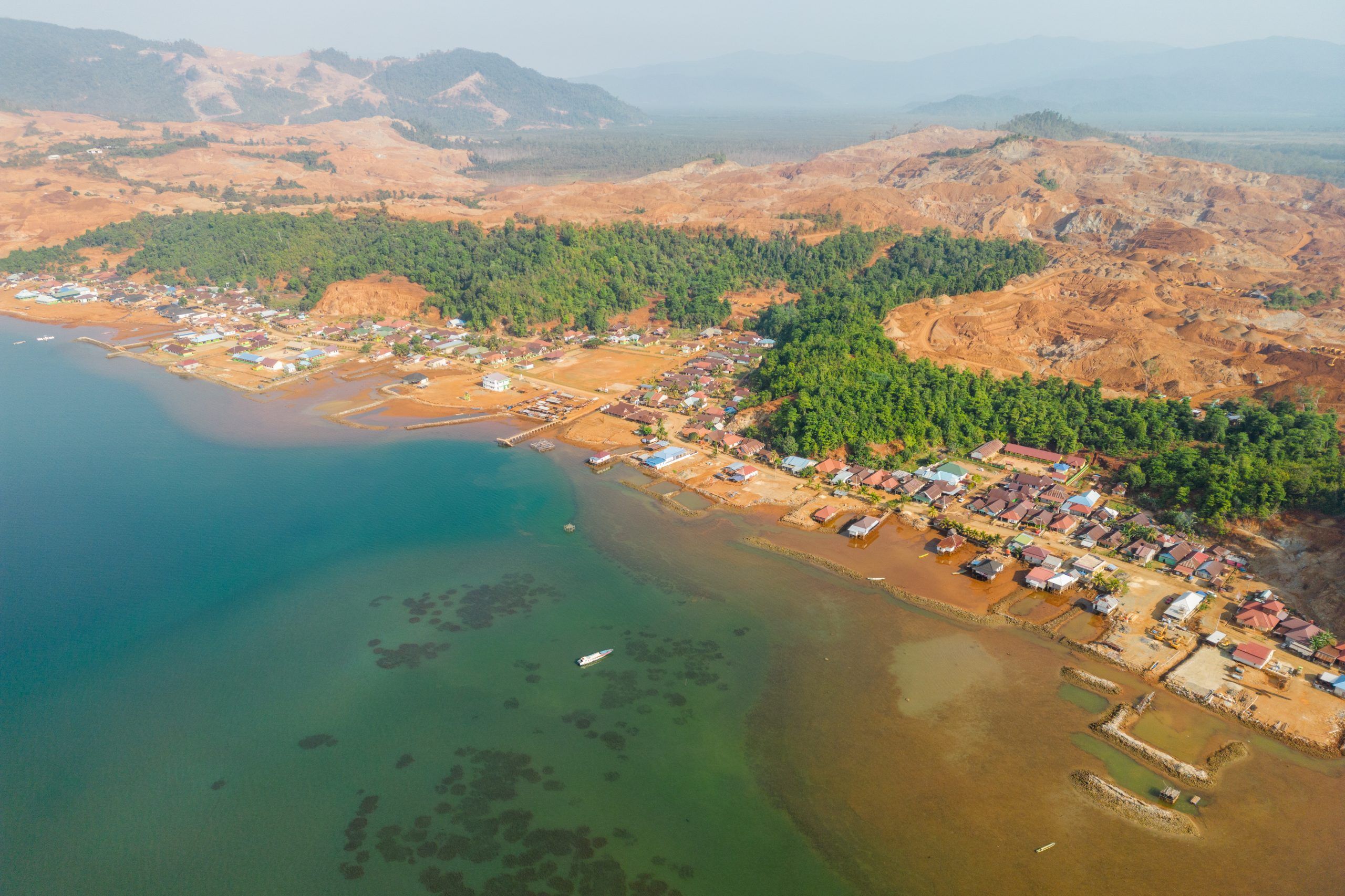
Nickel, forests and fishers: a story from Sulawesi
Sulawesi, the fourth-largest island in the Indonesian archipelago, is a sanctuary for rare and endangered wildlife. It is home to endemic species such as the anoa, the babirusa, and the iconic maleo bird. This rich biodiversity is increasingly under threat from the expanding nickel industry. In recent years, the island has witnessed a sharp rise in nickel mines and smelters, endangering its ecosystems.
In a guest post and photo essay, freelance photojournalist Garry Lotulung delves into the pressing challenges facing Sulawesi’s unique wildlife and landscapes.
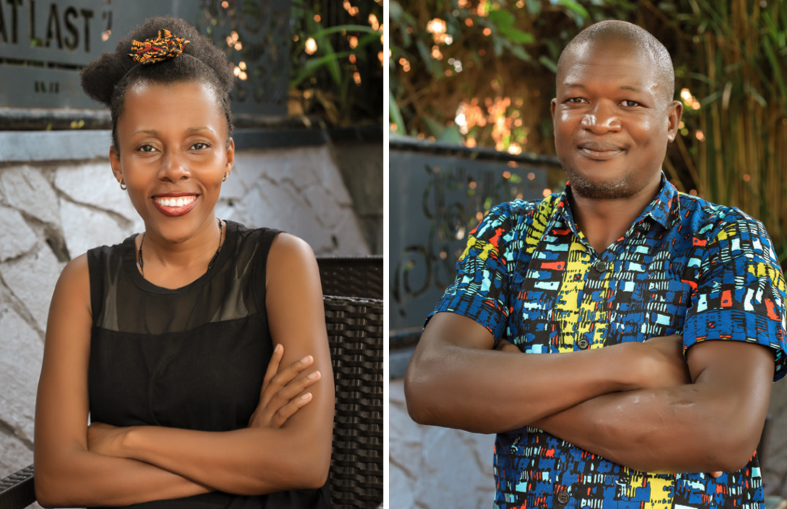
The partnership, a platform, a springboard
‘If one partner leaves the alliance, it would feel like the amputation of a leg.’ A conversation with Diana Nabiruma and Richard Ssemmanda of the Green Livelihoods Alliance, about their fight against deforestation for fossil fuel extraction in Uganda and their support for local communities – ‘and they protect us from intelligence agents’.
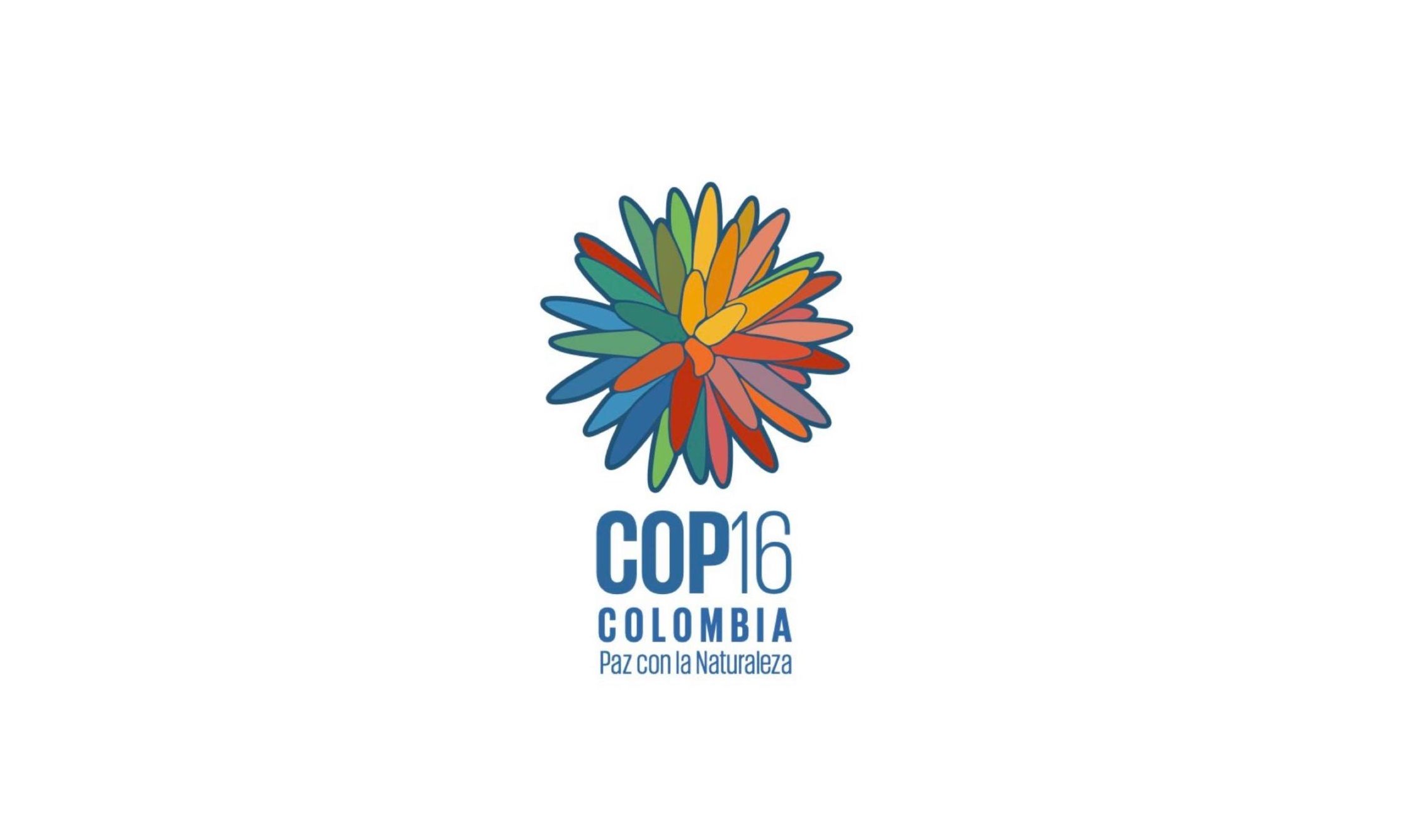
Green Livelihoods Alliance partners at the CBD COP 16
Green Livelihoods Alliance (GLA) partners are actively participating at the CBD COP 16 in Colombia, from October 21st to November 1st, 2024. Access the full event schedule of GLA partners here.
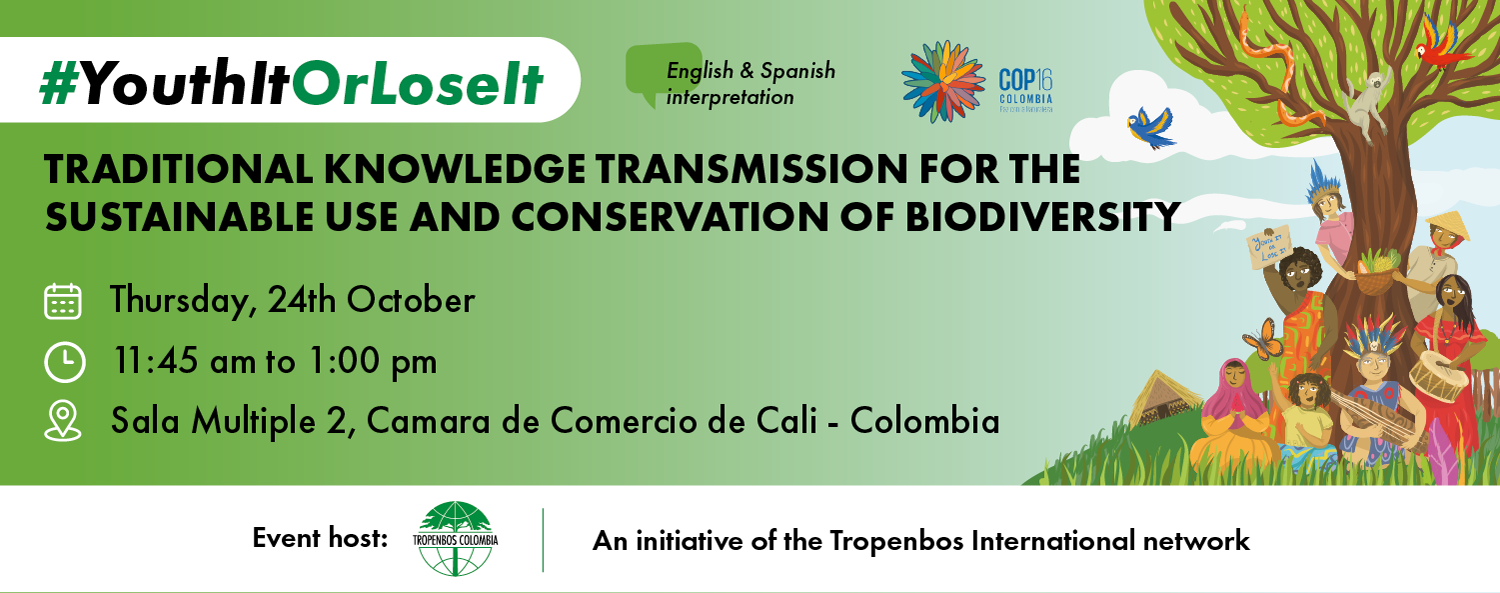
CBD COP 16 Event: Youth it or lose it!
Traditional knowledge transmission for the sustainable use and conservation of biodiversity. Join us for a youth-led conversation about how traditional knowledge strengthens youth's connection to their territories and safeguards biodiversity at CDB COP16 on October, 24th.
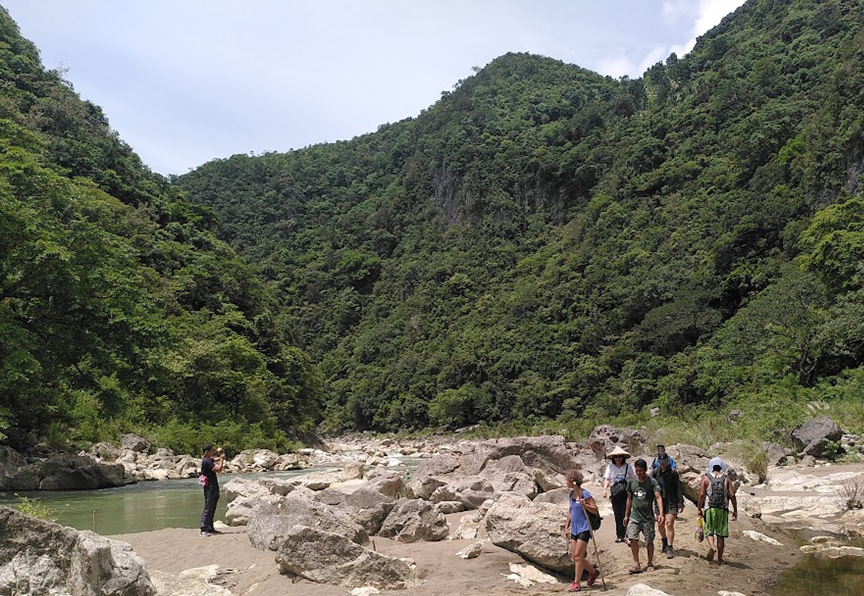
Sustaining water through forests
Tropical forests play a critical role in the stable provisioning of clean, fresh water and related ecosystem services. The challenge of water scarcity is exacerbated by climate change, with roughly half of the world’s population experiencing severe water scarcity for at least part of the year. At IUCN NL, we work towards sustained water supply for healthy ecosystems, productive landscapes and fair access to good quality water for local communities. Our distinctive approach to water and forests focuses on a bottom-up strategy, prioritising local CSOs and communities. We integrate the agendas of climate, water, biodiversity, and the rights and livelihoods of Indigenous Peoples and Local Communities (IP&LCs).
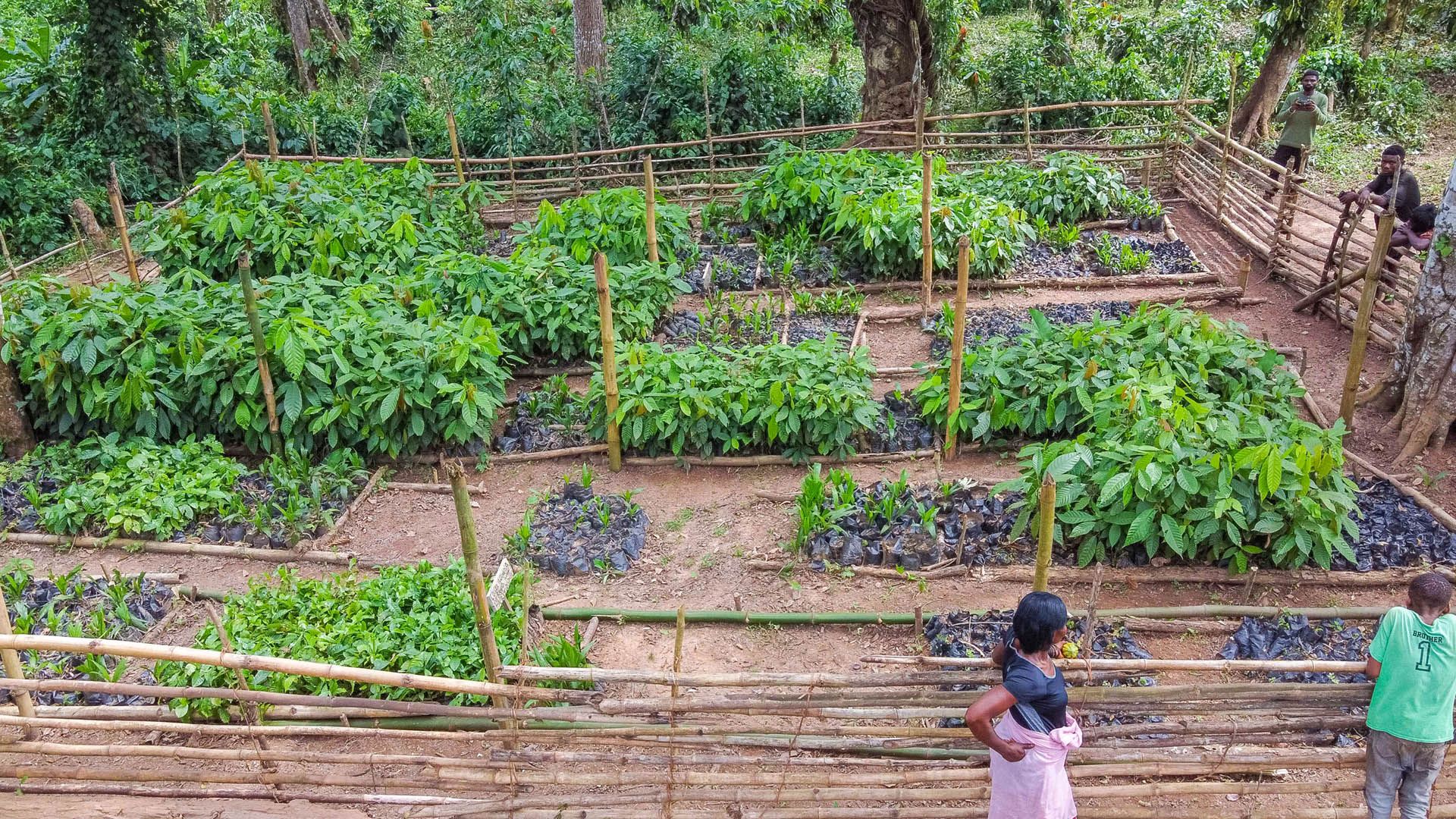
Securing community forest concessions in Bafwasende, DR Congo
After dedicated effort and persistence, nine local communities in Bafwasende, DR Congo have secured their rights to more than 320,000 hectares in the form of local community forest concessions (CFCLs). This was the result of more than three years of advocacy, lobbying and collaboration with various stakeholders, including our partner Tropenbos DR Congo as well as provincial and national authorities.
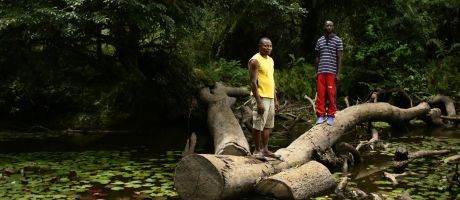
Companies are violating the rights of Africans through logging
In West and Central Africa, companies are seizing forests for logging. In doing so, they are violating the rights of indigenous communities. Local and Western governments must help to address this issue.
